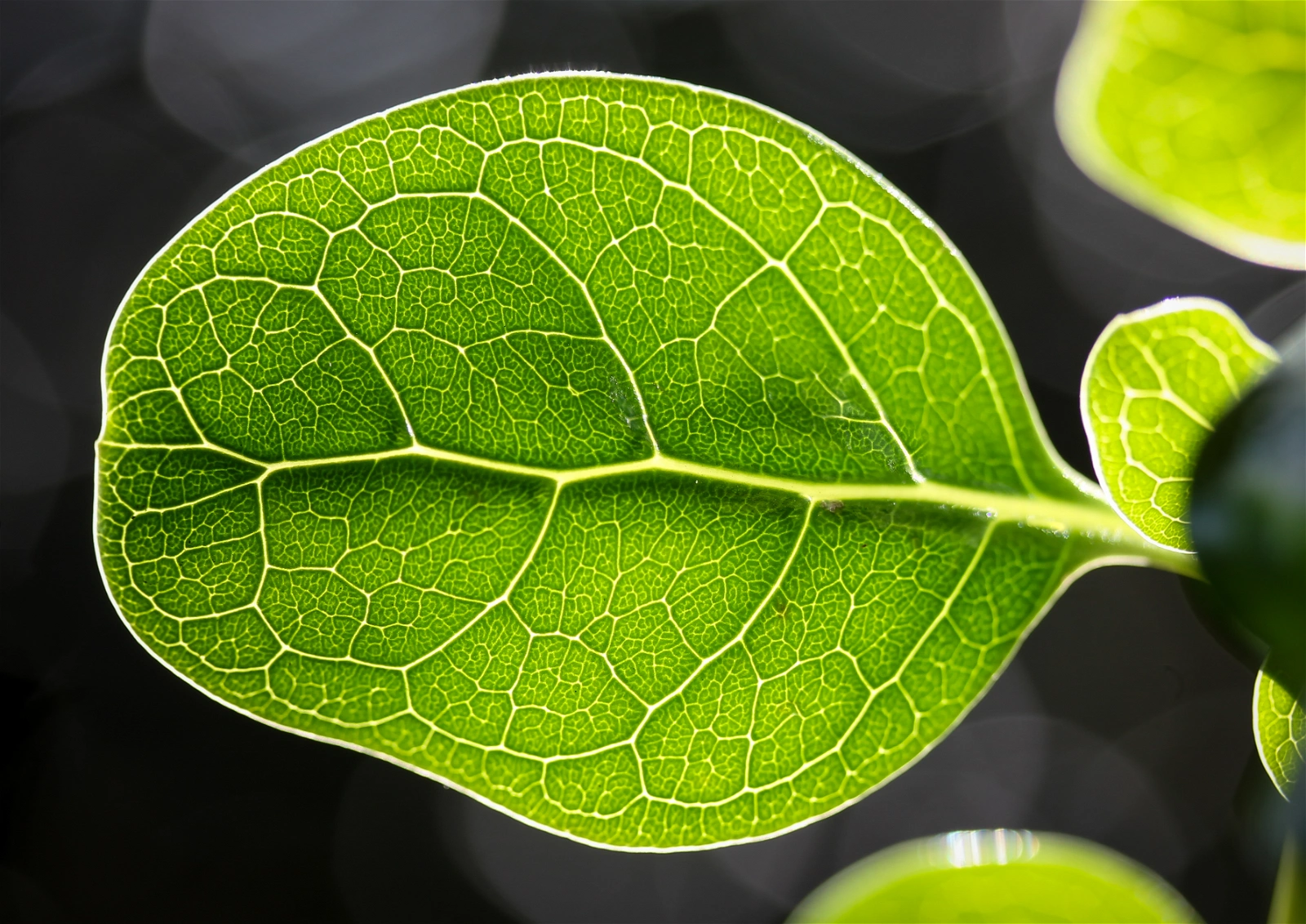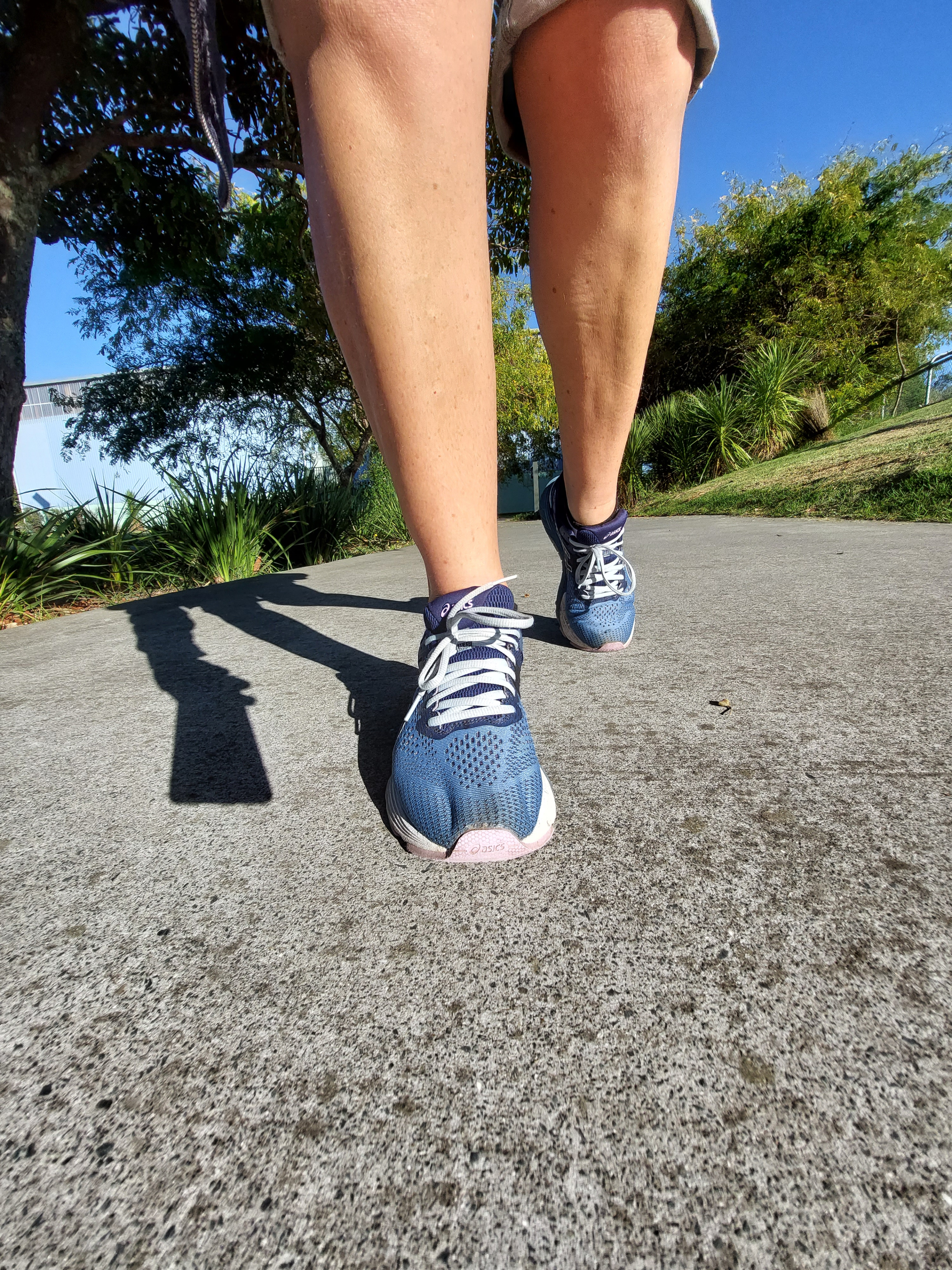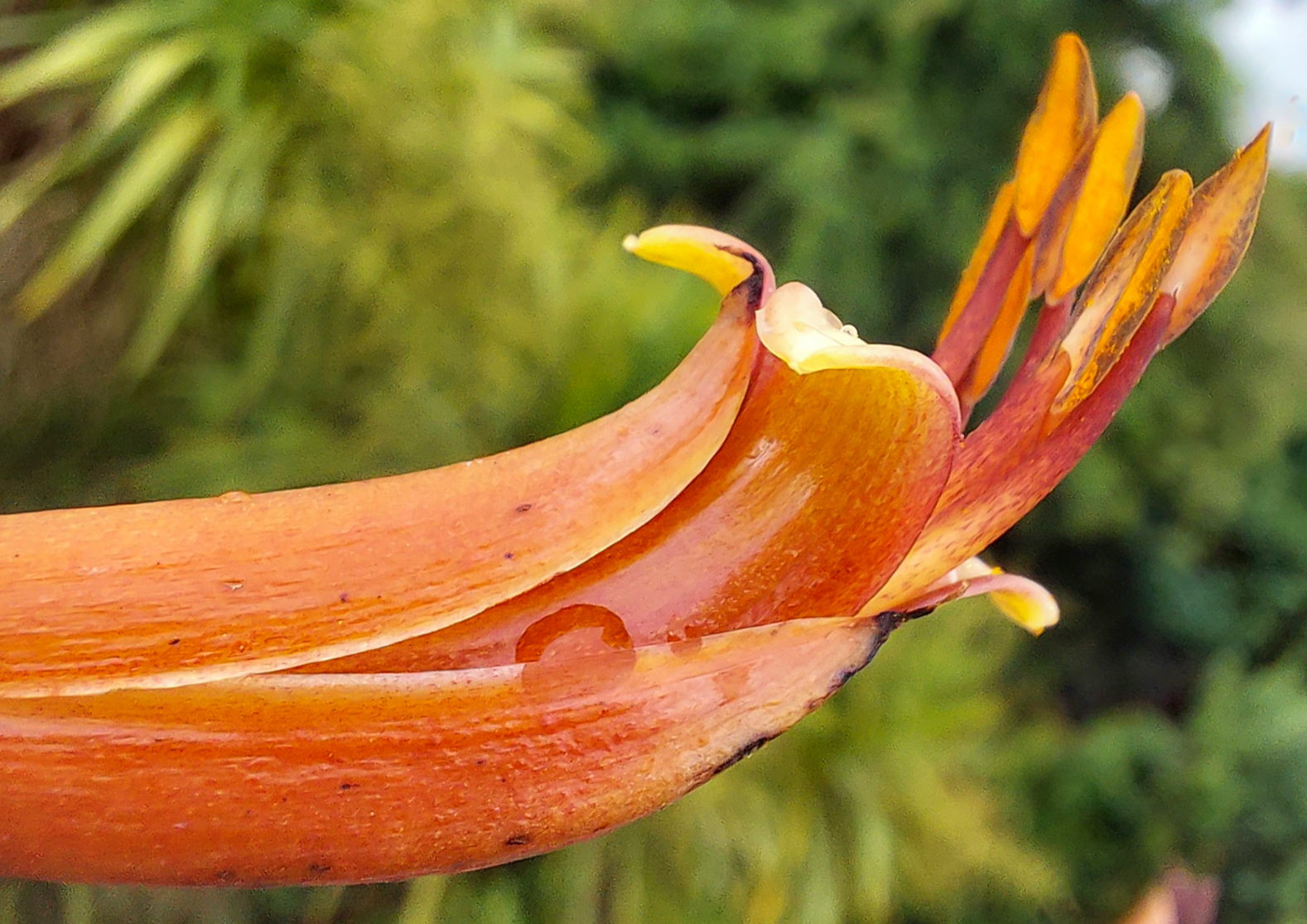Am I a 'proper' photographer? That would require a 'proper' camera, right? Earlier this year I finally took the leap and bought a DSLR camera, (albeit an old second-hand one). It wasn't a life-changing purchase that turned me into a high-flying professional photographer overnight, but there have been some surprising benefits.
Let's explore this.
Pros of using a DSLR camera:
Image Quality: DSLR cameras typically have larger sensors and more advanced image processing capabilities, resulting in better image quality. It has allowed me to capture more detail and produce sharper images.
Lens Selection: I have a few interchangeable lenses for my DSLR camera, allowing me to choose the right lens for different shooting scenarios.
Manual Controls: As I learn more, I'm gradually able to manually control various settings like aperture, shutter speed, ISO sensitivity, white balance, and focus. This level of control allows me to fine-tune my shots.

Cons of using a DSLR camera:
Size and Weight: My DSLR camera is waaayy larger and heavier than my cellphone. Carrying it around is a hassle, especially when travelling or hiking. If walking off-road any distance I put it in my backpack for balance, meaning that by the time I get it out to take a photo the moment has passed. (Or my walk-mates have become impatient!)
Cost: My DSLR camera was cheaper than my cellphone, but for a current model it would be pretty expensive.
Learning Curve: DSLR cameras have more complex settings and controls than cellphone cameras. This makes my DSLR more versatile, but learning how to use it effectively requires time and practice.
Limited Connectivity: While many modern DSLR cameras have built-in Wi-Fi or Bluetooth, the connectivity options are still limited compared to cellphone cameras. Sharing images directly to social media from my older DSLR is a slow process requiring a laptop, and takes some of the fun out of my photography adventures.
Editing: My DSLR has a tiny low-res screen, so previews aren't much use and any editing needs to be done on a laptop when I get home. Hence it sometimes takes weeks to get around to editing a batch of photos, whereas on the phone camera, I would have half the editing and deleting done by the time I get home. When you see me sitting on a bus or at a cafe fiddling with my phone - it's not always wordle or candy crush!
From my perspective, there is one factor that outweighs all of these: No matter how much more perfect the photos on a DSLR would be, if it isn't in my pocket when I spot something cool, it is effectively useless. I love getting the big camera out to try some tricky shots when I'm at home or close to the car, but for outdoor adventures I really just want my phone camera.

An easy-breezy local walk carrying phone camera

New Zealand flax flower
Ultimately, the decision between using a DSLR camera or a cellphone camera depends on individual needs, preferences, and budget constraints. Both options have their advantages and disadvantages, so it's important to consider your specific requirements before making a choice.
